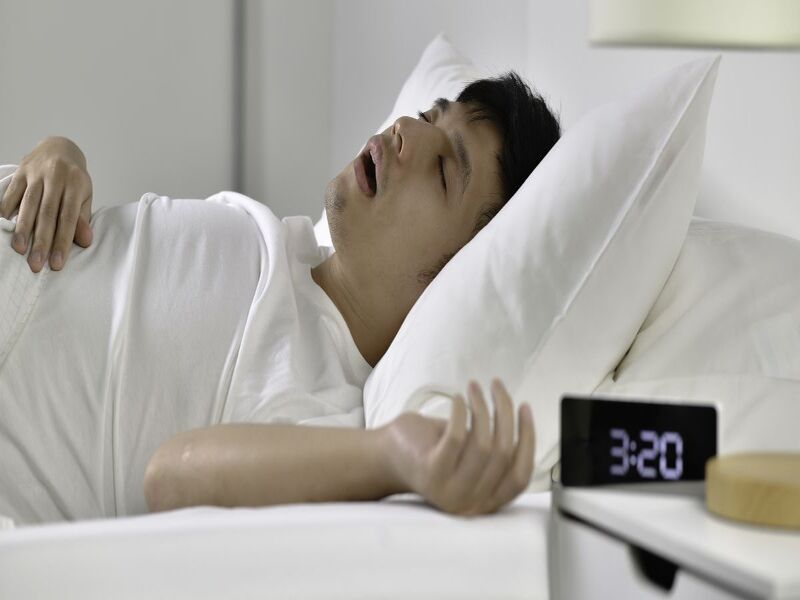
Light House Denver – Type 2 diabetes is a chronic health condition that occurs when blood sugar levels remain persistently high, a condition known as hyperglycemia. This type of diabetes happens because the pancreas does not produce enough insulin, the insulin cannot be used effectively, or a combination of both. This condition differs from type 1 diabetes, which is caused by an autoimmune attack on the pancreas, resulting in a total lack of insulin production.
Managing type 2 diabetes often involves making dietary changes, scheduling regular check-ups, and conducting frequent blood sugar tests. If left untreated or undiagnosed for an extended period, type 2 diabetes can lead to other complications. These include cataracts, skin and foot infections, heart problems, strokes, kidney damage, and nerve damage.
The general symptoms of type 2 diabetes include frequent urination, constant thirst, persistent fatigue, unintentional weight loss, blurred vision, and slow-healing wounds. These symptoms may gradually develop over time, making it crucial to recognize them early.
According to Mirror, some symptoms become more pronounced at night and can interfere with sleep. Sleeping hours typically range from 10 p.m. to 7 a.m., depending on gender, activities, and other factors. Recognizing nighttime symptoms is essential for managing the condition effectively and ensuring proper rest.
One of the most common nighttime symptoms is excessive urination. High blood sugar levels cause the kidneys to work harder to filter and remove excess glucose from the body through urine. This leads to frequent trips to the bathroom during the night, disrupting sleep patterns and leaving individuals feeling tired the next day.
Also Read : Laura Bush’s Elegance at Donald Trump’s Inauguration: A Timeless Fashion Statement
Another noticeable symptom is waking up with headaches. High blood sugar levels can lead to dehydration, which causes headaches or migraines. These nighttime headaches can make it challenging to achieve restful sleep and may affect overall well-being. Proper hydration and managing blood sugar levels can help alleviate this issue.
Increased thirst at night is also a significant symptom. When blood sugar levels are high, the body signals a need for more fluids to dilute the excess glucose in the bloodstream. This heightened thirst can result in waking up several times during the night to drink water, further interrupting sleep.
The effects of type 2 diabetes on sleep quality should not be underestimated. Diabetes UK emphasizes that high blood sugar levels can increase the frequency of nighttime urination and cause other symptoms, such as heightened thirst and headaches, which can make it harder to fall back asleep. Poor sleep quality can exacerbate the condition and negatively impact overall health, creating a vicious cycle.
To manage these nighttime symptoms, individuals with type 2 diabetes should focus on maintaining stable blood sugar levels. This can be achieved through a balanced diet, regular exercise, and consistent monitoring of blood sugar levels. Avoiding heavy meals and sugary snacks close to bedtime can also help prevent blood sugar spikes during the night.
It is also essential to create a sleep-friendly environment. Reducing screen time before bed, keeping the bedroom dark and quiet, and establishing a consistent sleep schedule can improve sleep quality. Drinking water throughout the day rather than in the evening can help minimize nighttime thirst and frequent bathroom trips.
Recognizing and addressing these symptoms early can significantly improve the quality of life for individuals with type 2 diabetes. Proper management and lifestyle adjustments are vital to reducing the impact of nighttime symptoms and preventing complications associated with diabetes. Seeking medical advice and support from healthcare professionals is also crucial for effective management.
By staying proactive and informed, individuals with type 2 diabetes can better manage their condition. And also maintain a good quality of life despite the challenges it may present. Paying attention to nighttime symptoms and taking the necessary steps to address them is an essential part of living well with diabetes.
Also Read : Australia Steps Up Anti-Semitic Crime Probe